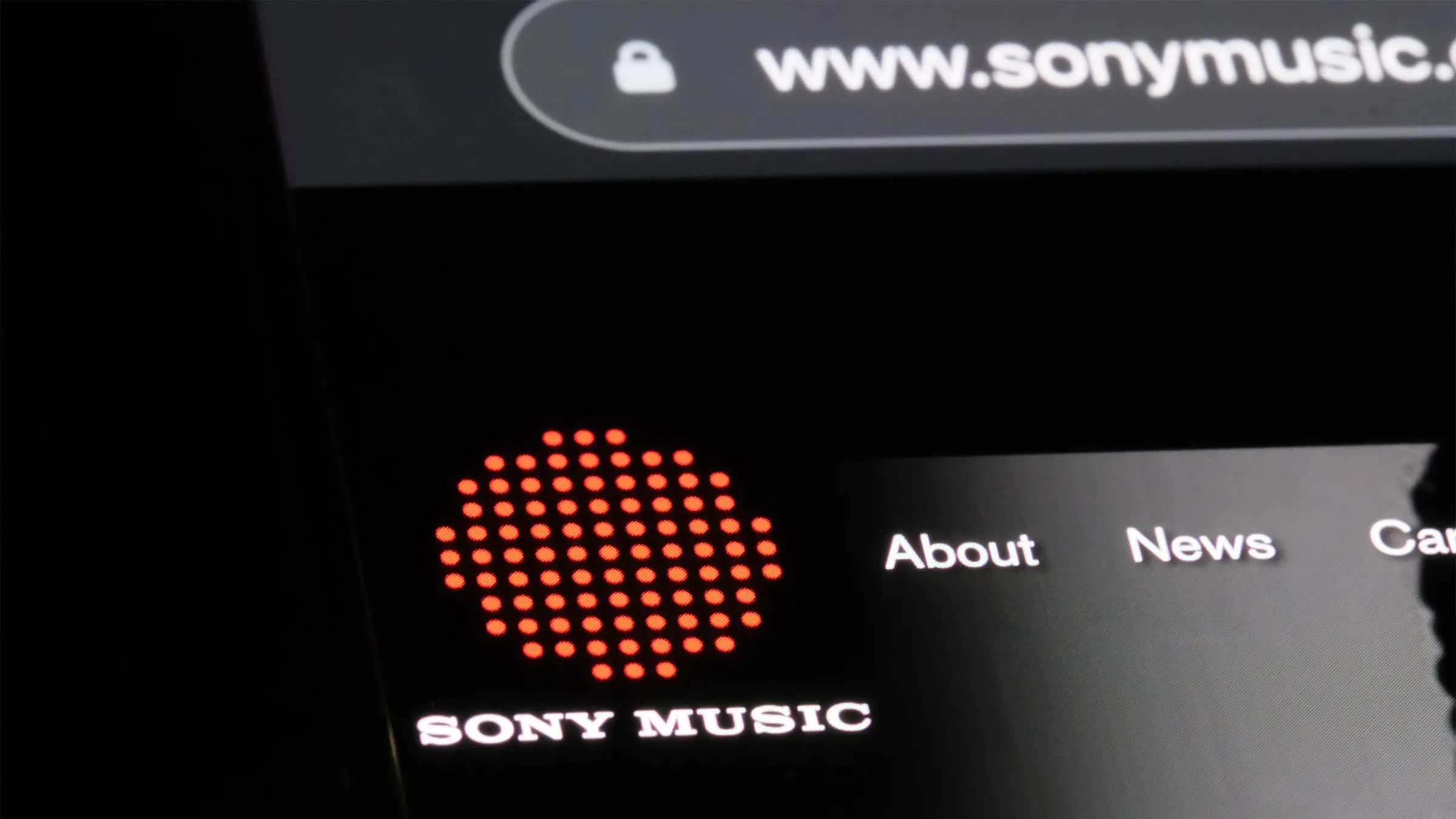Sony Music Group has made a broad preemptive strike against artificial intelligence, putting AI companies on notice that it will not allow its music to be used for model training. In its “Declaration of AI Training Opt Out,” the multinational media giant's New York-based music division said on Thursday that AI developers are prohibited from using SMG’s vast catalog of musical content.
In addition to publishing the declaration, Sony Music Group sent letters directly to OpenAI, Microsoft, and Google, the BBC reported—major players among more than 700 additiona unnamed AI companies—demanding they keep their hands off Sony content.
“We support artists and songwriters taking the lead in embracing new technologies in support of their art,” Sony Music Group acknowledged. “Evolutions in technology have frequently shifted the course of creative industries. AI will likely continue that long-standing trend.”
“However, that innovation must ensure that songwriters’ and recording artists’ rights, including copyrights, are respected,” it continued.
The firm's declaration also asked AI developers to disclose whether they previously used the work of Sony artists in model training, how they were accessed, and the number of copies made of each copyrighted track.
Sony Music Group entities included in the declaration were Sony Music Publishing (SMP), Sony Music Entertainment (SME), and their subsidiaries. All entities “expressly prohibits and opts out of any text or data mining, web scraping or similar reproductions, extractions or uses” of “musical compositions, lyrics, audio recordings, audiovisual recordings, artwork, images, [and] data... for any purposes, including in relation to training, developing or commercializing any AI system.”
Sony, OpenAI, Google, and Microsoft did not immediately respond to Decrypt’s request for comment.
Sony artists are popular targets of AI music enthusiasts who use their work—ingested by AI—to create similar-sounding songs, including AC/DC, Michael Jackson, Celine Dion, Adele, and Travis Scott. AI-generated knockoffs are rife on YouTube, and several AI music platforms explicitly feature specific artists that can be emulated.
As Sony noted in its declaration, however, some of its artists have dabbled in the technology directly, including Billy Joel for his single “Turn the Lights Back On,” Jazz drummer Nate Smith, and songwriters for Doja Cat and the Jonas Brothers.
“We will see a musician come along who finds some bridge between what AI can do and what people can do, and that person will create something that we all emulate,” Smith told New Jersey based WBGO last summer.
For Jessica Agombar, the songwriter of “What a Man Gotta Do” by the Jonas Brothers, using AI is about using a tool, and is not a replacement for rough drafts in the creative process.
"For me, there's always art in organic songwriting and producing, putting your own vocals on the record, and having some rough sketches of bad notes and bum notes," Agombar told the BBC in October. "Because that's rock and roll—I'm more for that than the whole clean, polished AI, computerized thing."
In April, Sony Entertainment, Warner Music Group, Universal Music Group, and Disney Music Group joined the Screen Actors Guild and American Federation of Television and Radio Artists (SAG-AFTRA) in signing an agreement that limits how record labels can use performers' voices.
"If the companies are going to be using any kind of AI tool for digital voice replication, they will have to secure the written consent of the artist to do that,” union executive director and chief negotiator Duncan Crabtree-Ireland previously told Decrypt. “Not only will it have to secure that, but it will have to be in a separate writing and can't be part of the royalty agreement or the main performer contract.”
That same month, a group of artists including, Billie Eilish, Katy Perry, Nicki Minaj, Pearl Jam, Jon Bon Jovi, the Jonas Brothers, Peter Frampton, Billy Porter, Zayn Malik, Darius Rucker, Imagine Dragons, and Greta Van Fleet, joined with the Artist Rights Alliance in signing an open letter to demand a stop to unauthorized use of their voices.
During a session of the U.S. Senate Judiciary Committee, British actor and musician FKA Twigs—whose real name is Tahliah Debrett Barnett—spoke first-hand about how AI could affect artists.
“What it boils down to is my spirit, my art—my brand is my brand,” she said. “I've spent years developing it, and it's mine... it doesn't belong to anybody else for it to be used in a commercial sense or cultural sense, or even just for a laugh.”
“I am me, I am a human being," she continued. "And we have to protect that."
Edited by Ryan Ozawa.

